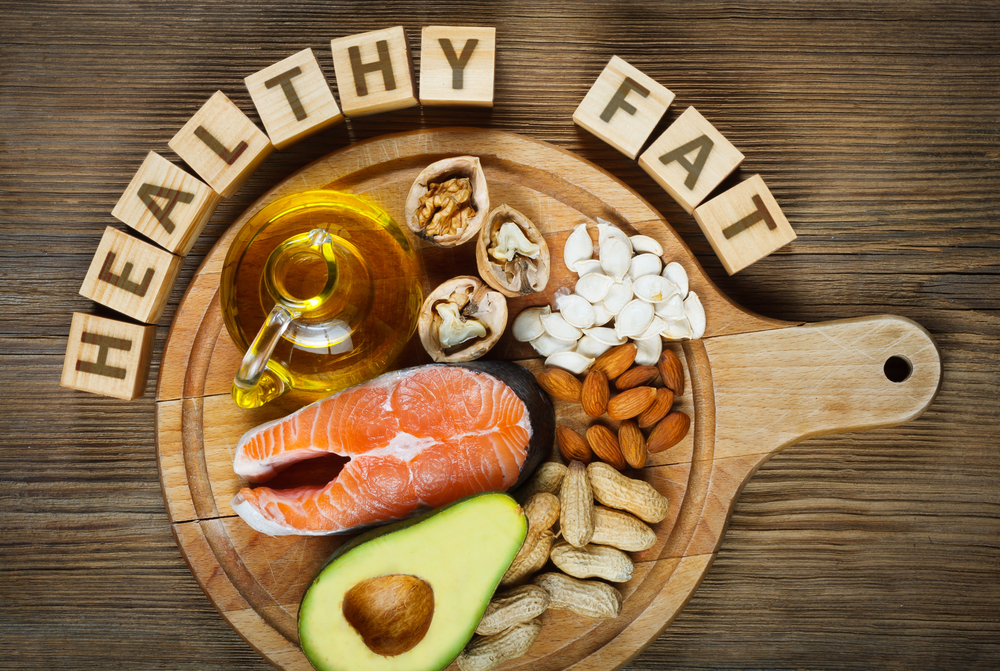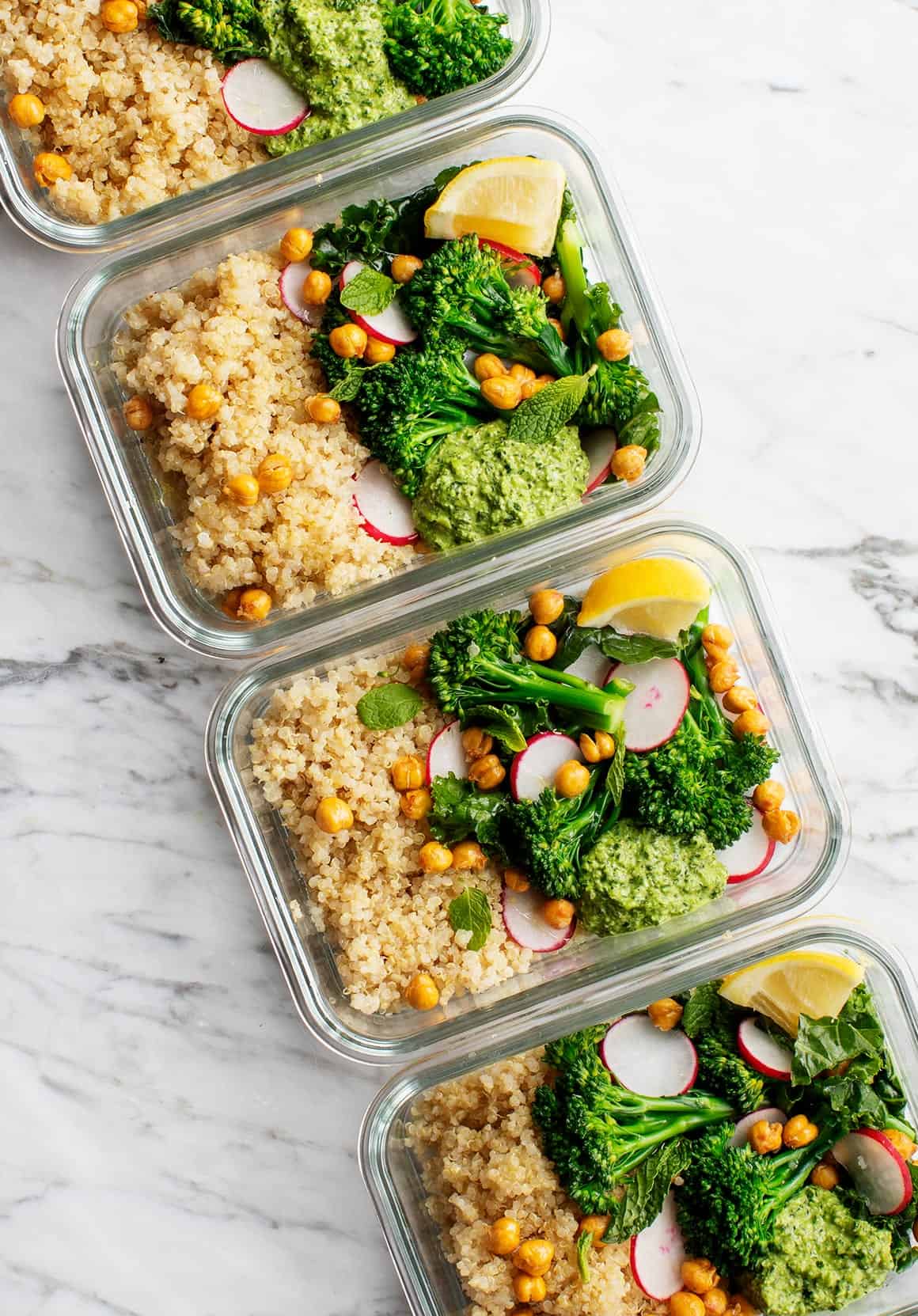The Role of Post-Run Nutrition
Proper post-run nutrition is essential for optimal recovery, muscle repair, and glycogen replenishment. Consuming a balanced meal within 30-60 minutes of exercise is crucial due to the “glycogen window” phenomenon, during which your body can efficiently absorb and utilize nutrients for recovery. Neglecting this opportunity may hinder your progress and increase the risk of injury or fatigue. Aim for a meal with a 3:1 or 4:1 ratio of carbohydrates to protein to promote muscle recovery and glycogen replenishment. Suitable options include a grilled chicken and vegetable wrap with a side of quinoa or a banana and peanut butter smoothie with a scoop of protein powder.
Carbohydrates: The Essential Fuel for Recovery
Carbohydrates are a vital component of post-run meals, primarily due to their role in replenishing glycogen stores and aiding muscle recovery. Glycogen, a form of glucose stored in muscles and the liver, serves as the primary energy source during runs. Consuming carbohydrates after a run helps restore glycogen levels, ensuring that your body is prepared for future exercise sessions. Moreover, carbohydrates support muscle recovery by reducing the breakdown of muscle proteins. Nutrient-dense carbohydrate sources include whole grains (quinoa, brown rice, whole-grain bread), fruits (bananas, berries, oranges), and starchy vegetables (sweet potatoes, squash, beets). Aim for a balance of these sources in your post-run meals to optimize recovery and overall performance.
Protein Power: Muscle Repair and Regeneration
Protein is a crucial element of post-run meals, playing a significant role in muscle repair, regeneration, and growth. Consuming protein after a run provides your body with the necessary amino acids to repair damaged muscle fibers, reduce muscle soreness, and promote muscle growth. Aim for a balanced post-run meal containing 15-25 grams of high-quality protein, derived from sources such as lean meats (chicken, turkey, fish), dairy products (Greek yogurt, cottage cheese), legumes (lentils, chickpeas, black beans), or plant-based protein powders. By incorporating protein into your post-run meals, you can support your muscles, enhance overall recovery, and improve your running performance over time.
Healthy Fats: Supporting Recovery and Overall Health
Incorporating healthy fats into your post-run meals can significantly enhance recovery and support overall health. Healthy fats, such as monounsaturated and polyunsaturated fats, play a crucial role in supporting muscle recovery, hormone production, and maintaining a healthy immune system. Examples of nutritious fat sources include avocados, nuts (almonds, walnuts, pistachios), seeds (chia, flax, pumpkin), and olive oil. By adding these healthy fats to your post-run meals, you can improve your body’s ability to absorb fat-soluble vitamins, reduce inflammation, and support overall well-being.
Hydration: The Foundation of Post-Run Recovery
Proper hydration is vital for post-run recovery, as it helps replenish fluids lost during exercise and supports overall health. Water is the primary fluid of choice, but electrolytes also play a crucial role in maintaining fluid balance and preventing dehydration. To ensure optimal hydration, consider monitoring your hydration levels by checking your urine color – a pale yellow color indicates proper hydration. Additionally, incorporate natural hydration sources such as fruits (watermelon, grapes, oranges) and vegetables (cucumbers, lettuce, tomatoes) into your post-run meals to help maintain fluid balance and support overall recovery.
Meal Ideas: Delicious and Nutritious Post-Run Recipes
Creating balanced, post-run meals that incorporate carbohydrates, protein, healthy fats, and hydration is essential for optimal recovery. Here are some easy-to-prepare meal ideas and recipes to help you refuel and recharge:
- Berry Banana Protein Smoothie: Blend 1 cup frozen mixed berries, 1 ripe banana, 1 cup Greek yogurt, 1 cup almond milk, and 1 scoop of your favorite protein powder. This smoothie provides a balanced mix of carbohydrates, protein, and healthy fats, making it an ideal post-run recovery drink.
- Quinoa Salad with Grilled Chicken: Toss cooked quinoa with grilled chicken, cherry tomatoes, cucumber, red onion, and crumbled feta cheese. Drizzle with olive oil and lemon juice for a nutrient-dense, high-protein salad that’s perfect for post-run meals.
- Avocado Chickpea Wrap: Spread hummus on a whole-grain wrap and fill it with mashed avocado, chickpeas, spinach, and sliced bell peppers. Roll it up and enjoy a delicious, balanced meal that’s packed with protein, healthy fats, and carbohydrates.
- Sweet Potato and Black Bean Grain Bowl: Combine cooked brown rice, roasted sweet potato, black beans, corn, and mixed greens in a bowl. Drizzle with olive oil and lime juice, then sprinkle with pumpkin seeds for added crunch and healthy fats.
Feel free to customize these recipes based on your individual preferences and dietary needs. Remember, the key to optimal post-run nutrition is to consume a balanced meal containing carbohydrates, protein, and healthy fats within 30-60 minutes of exercise.
Supplementation: Enhancing Post-Run Nutrition
Supplements can play a valuable role in supporting post-run nutrition and recovery. By incorporating high-quality supplements into a balanced post-run meal plan, you can enhance muscle repair, regeneration, and overall health. Here are some supplements to consider:
- Protein Powders: Protein powders, derived from sources such as whey, casein, soy, pea, or hemp, can help meet your daily protein needs and support muscle recovery after a run. Look for a high-quality protein powder with minimal additives and artificial ingredients. Aim for 15-25 grams of protein per serving, depending on your body weight and exercise intensity.
- Electrolyte Replacements: Electrolyte replacements can help restore the balance of essential minerals lost through sweat during exercise. Choose products with a balanced blend of sodium, potassium, calcium, and magnesium. Opt for natural sources of electrolytes, such as coconut water or dried fruits, when possible.
- Anti-Inflammatory Agents: Anti-inflammatory supplements, such as turmeric, ginger, or fish oil, can help reduce post-exercise inflammation and promote faster recovery. Look for products with high bioavailability and minimal fillers or artificial ingredients.
When selecting supplements, always choose reputable brands and consult with a registered dietitian or healthcare professional to ensure safety and effectiveness. Remember, supplements should complement a balanced diet, not replace whole foods. Aim to consume a variety of nutrient-dense foods, including carbohydrates, protein, and healthy fats, as part of your post-run meal plan.
Individualization: Tailoring Post-Run Nutrition to Your Unique Needs
Recognizing that every runner is unique, it’s essential to tailor your post-run nutrition plan to your specific needs, goals, and preferences. Here are some factors to consider when individualizing your post-run meals:
- Body Weight: A heavier runner may require more calories and nutrients than a lighter runner to support recovery and replenish energy stores. Adjust portion sizes and meal frequency accordingly.
- Exercise Intensity: High-intensity workouts or long-distance runs may necessitate more carbohydrates and protein to support muscle recovery and glycogen replenishment. Consider incorporating more nutrient-dense carbohydrate and protein sources into your post-run meals on these days.
- Personal Goals: If your goal is to build muscle, focus on consuming more protein and healthy fats. For weight loss or maintenance, prioritize nutrient-dense, lower-calorie options such as fruits, vegetables, and lean proteins.
- Dietary Preferences and Restrictions: Cater to your dietary needs and preferences by selecting post-run meal options that align with your lifestyle. For example, if you follow a vegetarian or vegan diet, opt for plant-based protein sources such as beans, lentils, tofu, or tempeh.
Ultimately, the key to successful post-run nutrition is to listen to your body and adjust your meal plan as needed. Consult with a registered dietitian or healthcare professional for personalized advice and guidance on creating a post-run nutrition plan that meets your unique needs and goals.







